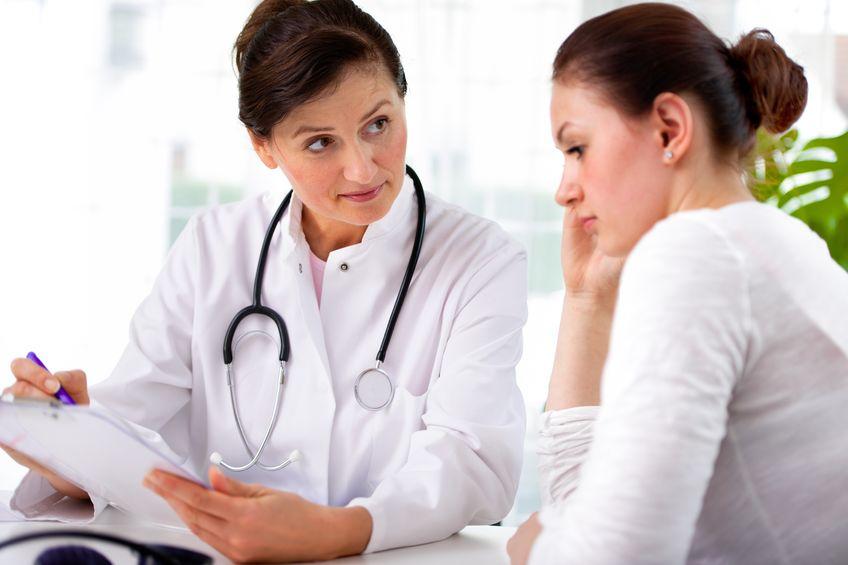Section Branding
Header Content
How Health Care Can Make Or Break Women's Financial Well-Being
Primary Content
In the majority of Georgia families, mothers are the sole, primary or co-breadwinners, according to the Center for American Progress. But that doesn't mean they have the wages to adequately support themselves and their loved ones — particularly when it comes to minimum wage workers in Georgia, of whom 6 in 10 are women. And beyond the wage and wealth gap, women lack access to other things that Shilpa Phadke says are critical for their economic security: affordable child care, harassment-free work environments and quality health care.
On Second Thought host Virginia Prescott speaks with Shilpa Phadke and Wula Dawson.
Phadke is the vice president of the women's initiative at the Center for American Progress. She spoke with us about the obstacles she has found that women in Georgia face when it comes to achieving financial prosperity, or even stability.
We also spoke with Wula Dawson, director of development communications for the Feminist Women's Health Center in Atlanta. FWHC has provided women's health services, including abortion care, as well as a range of educational programming, for more than four decades. Dawson explained why access to reproductive health care is essential for women's economic security.


